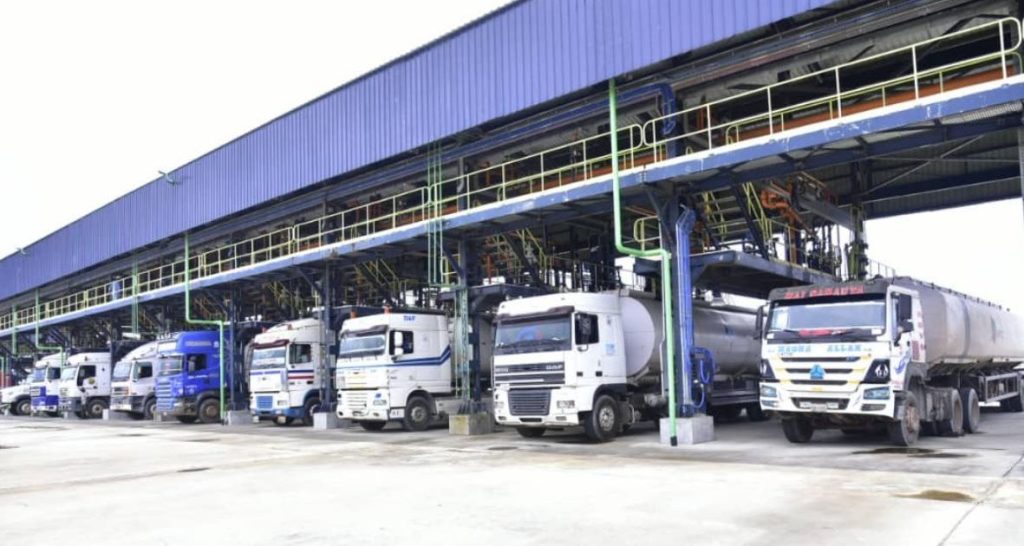The Technical Sub-Committee on Domestic Sales of Crude Oil in Local Currency has confirmed the commencement of crude oil supply in naira from the Nigerian National Petroleum Company Limited (NNPC) to the Dangote Petroleum Refinery, beginning on October 1, 2024. This initiative came after approval from the Federal Executive Council under President Bola Tinubu’s administration, allowing the sale of crude oil to local refineries using the naira and facilitating petroleum products purchases in the same currency. The committee has announced that the NNPC will supply approximately 385,000 barrels of crude oil per day to the Dangote refinery, aiming for a monthly total of roughly 11.5 million barrels. This move is intended to streamline transactions, stabilize the naira, and enhance the availability of petroleum products across Nigeria.
Zacch Adedeji, who heads both the Technical Sub-Committee and the Federal Inland Revenue Service, emphasized the importance of implementing the agreement to benefit Nigerians. Adekanmbi, the Special Adviser on Media to Adedeji, reassured that the committee is working diligently to ensure the success of the plan. As part of the agreement, the Dangote refinery will, in exchange for the crude oil received, produce and supply equivalent volumes of refined diesel and petrol back to the domestic market, all priced in naira. The arrangement is expected to alleviate financial pressures and avoid unnecessary transaction costs associated with crude oil imports.
Furthermore, the logistics of the crude oil transactions will involve the Dangote refinery selling diesel to interested parties, while petrol will be sold exclusively to the NNPC, which will then distribute it to various marketers. All regulatory costs will be settled in naira, and a coordinated approach will be adopted to streamline operations involving various agencies. Adedeji mentioned that the technical committee would evolve into an implementation and monitoring group over the next three to six months, focusing on ensuring that the initiative is effectively realized.
In contrast, modular refineries in Nigeria have voiced concerns over their exclusion from the program. These refineries indicated they were not consulted regarding the crude supply agreements. Eche Idoko, the Publicity Secretary of the Crude Oil Refinery-owners Association of Nigeria, stated that discussions have so far been limited to the Dangote refinery, and there has been a lack of communication about potential arrangements for modular refineries. These smaller entities have faced significant operational challenges due to their inability to secure crude oil, and some are operating at markedly reduced capacity.
The hope among Nigerians is that the introduction of naira-based crude sales will result in a decrease in petrol prices. Despite beginning diesel and petrol sales on September 15, the Dangote refinery has not yet disclosed pricing information, leading to speculation and concerns around transparency. The company has countered claims made by NNPC regarding pricing, insisting that the discussion of selling petrol at N898 per litre is misleading. They urged Nigerians to await an official announcement from the designated committee regarding pricing structures that will go into effect from October 1.
As the situation develops, the Federal Government has clarified that it will refrain from intervening in the price dispute between NNPC and Dangote since the petroleum sector has been deregulated. This deregulation process aims to foster a competitive market environment, although it also raises questions about price management and consumer protection. The upcoming changes in the supply of crude oil to local refineries signal significant shifts in Nigeria’s energy landscape, possibly affecting both the economy and consumer experiences.


